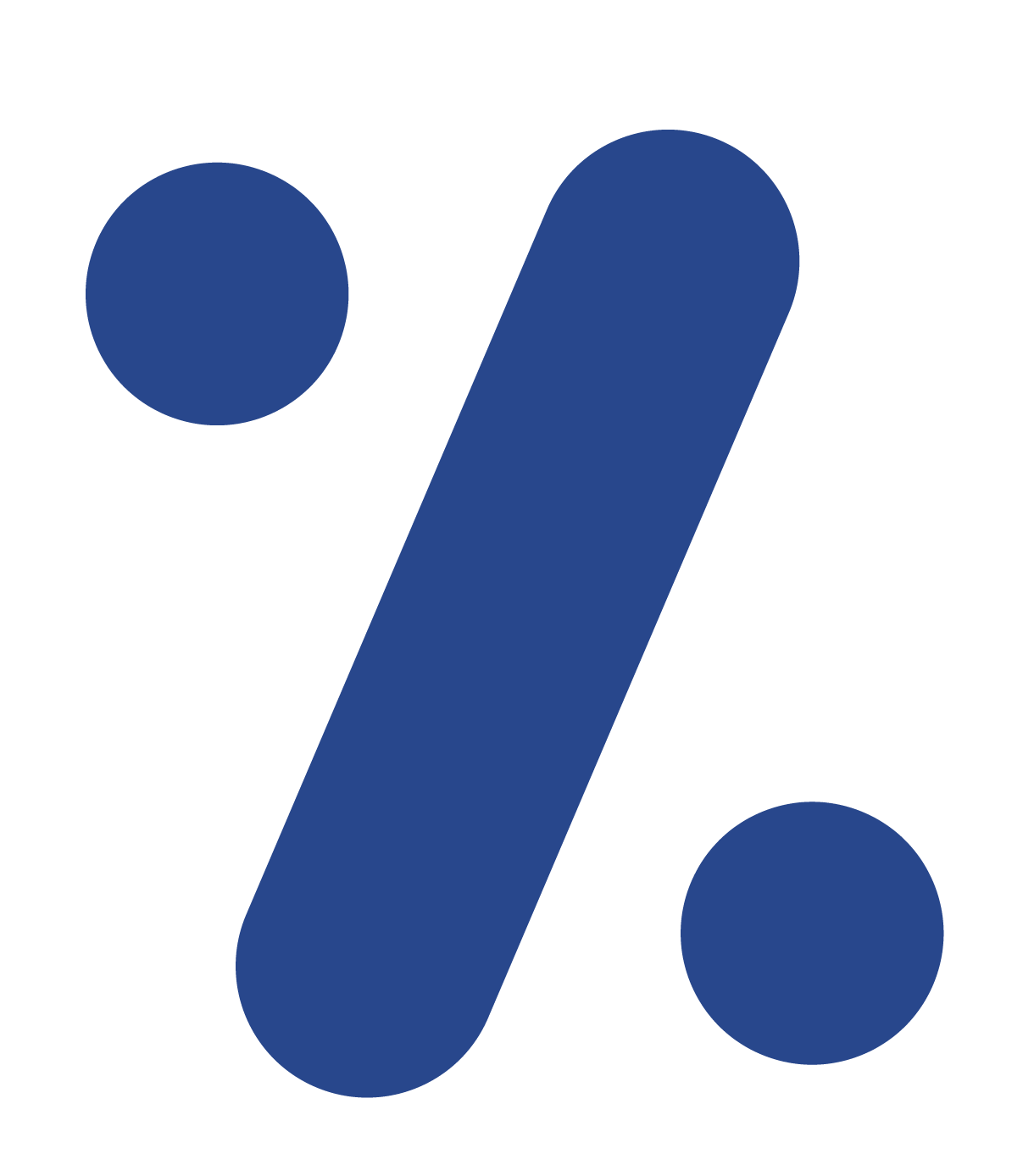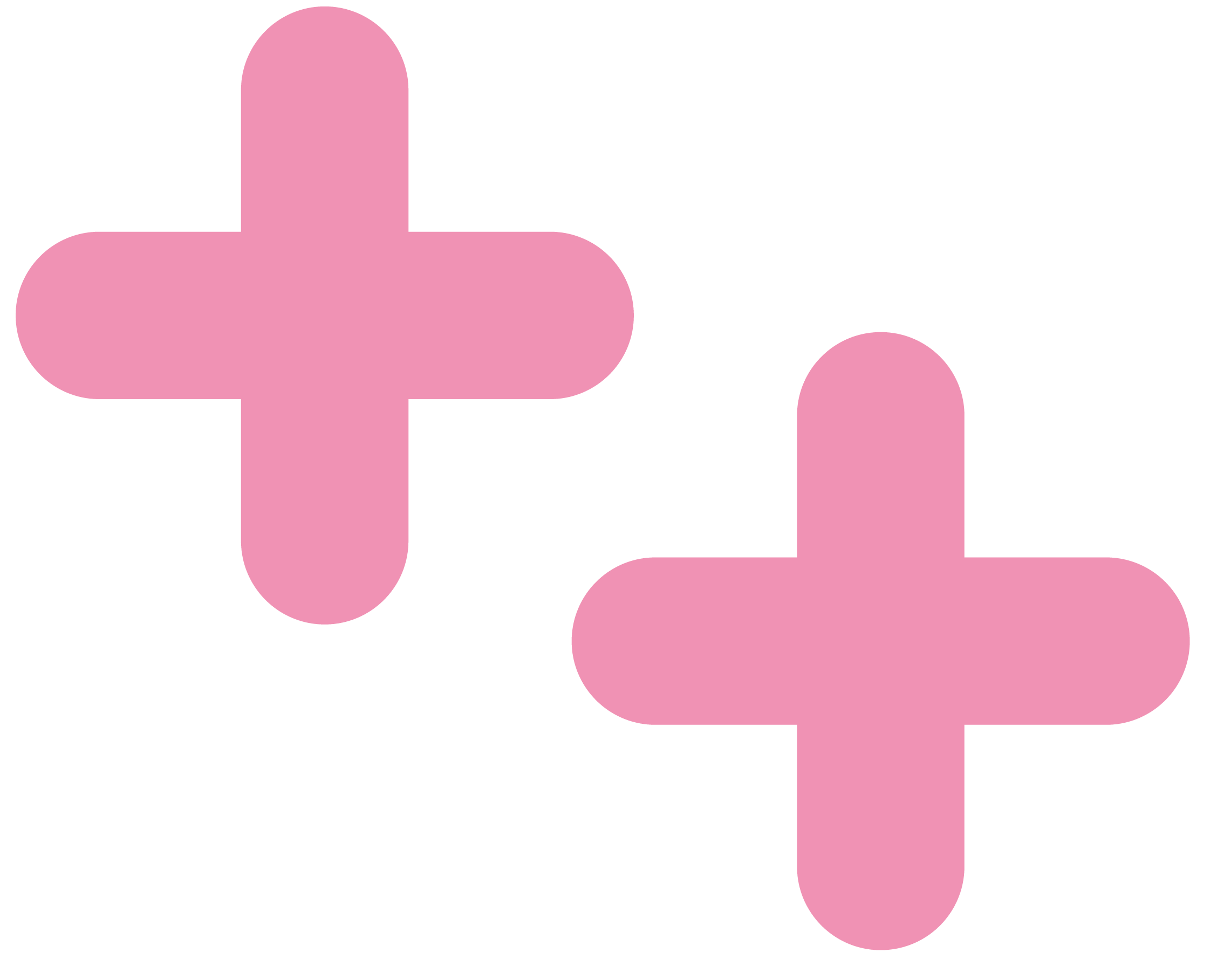Here are our Meet and Code Awards 2021 finalists
Drum roll please…. we’re proud to announce the finalists of the Meet and Code Awards for 2021.
#meetandcode #awards #digitalskills #CodeEU
15.03.2022

Each year, we recognize five of the most creative Meet and Code events hosted by non-profits across Europe. The awards categories are aligned to five of the United Nation’s Sustainable Development Goals (SDGs) which include: Girls do IT! (SDG5), Community (SDG11), Diversity (SDG10), Code for the Planet (SDG13) and Code for Europe (SDG17). The winners of each category will receive 2.000 euros in prize money.
Out of 142 entries, our team worked tirelessly to narrow down the top Meet and Code events which were then voted on by our esteemed jury.
Without further ado, we are proud to present you our 2021 finalists:
Girls do IT!:
- "A girl who hacks" Cite des Géométries. (France): To inspire more girls to pursue careers in cyber security, this hybrid event was centered around an interview conducted with Valentine Pernot, a student participating in the Université Polytechnique Hauts-de-France’s Cybersecurity Bachelor’s Program. The questions were prepared by a class of college students during their future orientation discussions and asked why she chose to study cybersecurity, what subjects are needed to pursue these studies, what it’s like being a girl in IT and why there is a lack of girls in IT.
- “No more fairy tales: video game workshop, rebel narrative, and coding for girls” by Sorora e.V. (Germany): This videogame workshop was an introduction to coding for young migrant women up to 24 years old in Berlin. Using Twine, an open-source digital tool to create interactive narratives, this poetic coding workshop invited participants to experience a fantastic journey of unlimited adventure. Through an introduction to creative storytelling and videogames, participants learned basic tools to publish an interactive story in web format.
- "Girls Rocket Challenge!" by Association Noosphere (Ukraine): Young, talented girls were taught about modern technologies that can be harnessed to design their own rocket. They learned about the main secrets of rocket design according to aerodynamics laws, the rocket flight control system and its unique fuel inventing engine. The event inspired girls to explore more about new technologies and programming in the space industry.
Diversity:
- "Of flowers, turtles and fabulous worlds" by Internationale Jugendgemeinschaftsdienste HH/ SH e.V.(Germany): Two online workshops were held, aimed at hearing and non-hearing children between the ages of 8 and 12. With the help of the TURTLE CODER, the children received a playful introduction to programming. They were given tasks ranging from the creation of geometric figures to the free development of mandalas. They were also invited to make mistakes, ask questions and present their results. Fabulous worlds were created and the children laughed together and learned from each other. By accompanying the workshops with German sign language, the children were able to work together and discovered that no matter whether they hear or not, a new language can be developed.
- "Children helping children" by Scuola di Robotica (Italy): According to EPHR estimates, 8.1 children out of 1,000 are born with diseases related to limb failure. Unfortunately, sophisticated prostheses are expensive and cannot be adapted until the child has reached a certain development level and age. However, low-cost 3D printed prostheses have been created that can be frequently changed and customized according to the child’s tastes and wishes. This event provided participants with the technical skills needed to customize prostheses for other children with agenesis and then print them in 3D.
TS is an ADEMED innovation that uses cardboard geometrical shapes with folded wings to depict the commands and shapes which can be identified and mounted together by touching and fitting their wings. Inspired by the design-thinking paradigm, learning TS challenged the participants to code real-world solutions.
Code for the Planet:
- "Capturing bees with micro-controller" by Lebenshilfe Ennstal (Austria): These workshops taught participants how to use straightforward coding knowledge and cost-effective hardware to develop a measuring system which would automatically recognize bees' flight behavior throughout the year and thus provide important information on how the bee colonies were doing. By the end of the project, participants were able to use the measuring device they developed to observe how bees behaved in different situations and how their flying frequency changed.
- "Youngs are creating for us!" by Sinus Nachhilfe und Schülerbetreuung e.V. (Germany): This interactive online event taught children about the digital world by outlining digital transformation in business and how it can be used to prevent natural disasters such as floods in Germany. Participants were taught about robots, their functions and how they can move via programming. They then built a robot sluice gate and created the program for it.
- "Plastic Recycling Technology" by Precious Plastic Maastricht (Netherlands): At this event, physics students learned about 3D design, product development, plastic recycling and production in a collaborative and applicable way by making a ruler from recycled plastic. Starting with online brainstorming sessions about the requirements and constraints for making a ruler, collaborative 3D design using OnShape software and multiple design-for-manufacturing sessions were held. Throughout the project, the students acquired significant digital skills in 3D design and online collaboration. All these skills were combined with practical examples of plastic recycling and processing, injection molding, material behavior and their properties for a greater outcome.
Community:
- "SuperRecycle kid in Brussels (An educational game on Construct)" by Genius Generation (Belgium): This project consisted of developing a 2D video game themed around recycling and waste sorting. To do this, certain areas of the city of Brussels were recreated using images and illustrations, to which waste was added. The aim of the game was to go through the different settings, collecting the waste and indicating which bins it should be placed in. The game made children aware of the importance of selective sorting (according to the rules of the Brussels region) and taught them the basics of programming in a fun and easy way via coding in the form of blocks.
In addition to the environmental aspect and the importance of selective sorting, this event brought together young people from different social backgrounds for a common cause - to preserve the city of Brussels and its neighborhoods, thus giving them a sense of belonging and pride in their city.
- "Model your dream city" by Sharing Europe (Italy): As a result of the coronavirus, we have had the opportunity to reflect on some aspects of our social life, understanding the behaviours and priorities we care about while living in cities and neighborhoods. It is important, especially for children, to spend time outdoors, to be able to stay together and play in adequate areas that are often lacking in cities. The aim of this event was for participants to design and model their ideal, liveable and sustainable city, encouraging a collective search for solutions to various issues while promoting dialogue and debate.
- "Write your first web project for your community! by NGO Crash of stereotypes (Ukraine): This event brought together children of veterans from different parts of Ukraine and used coding to unite them and give them a sense of community. Participants worked together to create a platform where veterans' children can find friends and learn code together. Everyone chose a role in the project from designer, to coder and worked together on all the key implementation points including prototypes, sketches, architecture and ideas about the minimum viable product (MVP) of this project.
Code for Europe:
- "Connect & code" by WIR zur Förderung der deutsch-polnischen Zweisprachigkeit Hamburg e.V., Associação Sócio Cultural, Polonijne Towarzystwo Oswiatowo-Kulturalne" (Germany, Portugal, Finland): This event brought together children from across Europe (Portugal, Finland and Germany) to learn how to program the micro:bit chip online. The workshop was conducted in Polish which was an additional language for the participants (i.e., one parent communicates in Polish and the other in the language of their country of residence - thus the language of the second parent is considered to be the primary and dominant medium of communication for the child). The idea was for the children to feel less confident with the language of the project to clearly demonstrate that programming language is a universal method of communication.
- "Open the data" by Connection4Innovation APS (Italy): The aim of this event was to showcase the power of data among the young generation of European citizens to make them aware of how it can be used to extract useful information about something happening in the world. The event was held online where the participants could interactively learn how to download, manage and pre-process data, and then create interesting visual representations of it.
- "What is Genetic Bio-Programming" by Asociatia StartEvo (Romania): This event taught children between the ages of 8 and 14 from Romania, Moldova and the UK about Genetic Bio-Programming. This included lessons about the macro-cosmos (Earth, Solar System, Galaxy, Observable Universe) and the micro-cosmos (tissue, the cell nucleus, DNA, atoms, protons/neutrons, quarks). Participants were also taught to code some Minecraft actions in Scratch so they could better understand the concept of programming. They then learned about Crispr CAS9 technology by presenting various animals with superpowers (eagle’s vision, a lizard’s ability to re-grow its tail, for example) and “what-if” scenarios where humans could augment themselves with those extra powers.
The winners in each category will be announced in April and until then, we wish all our finalists the best of luck!




